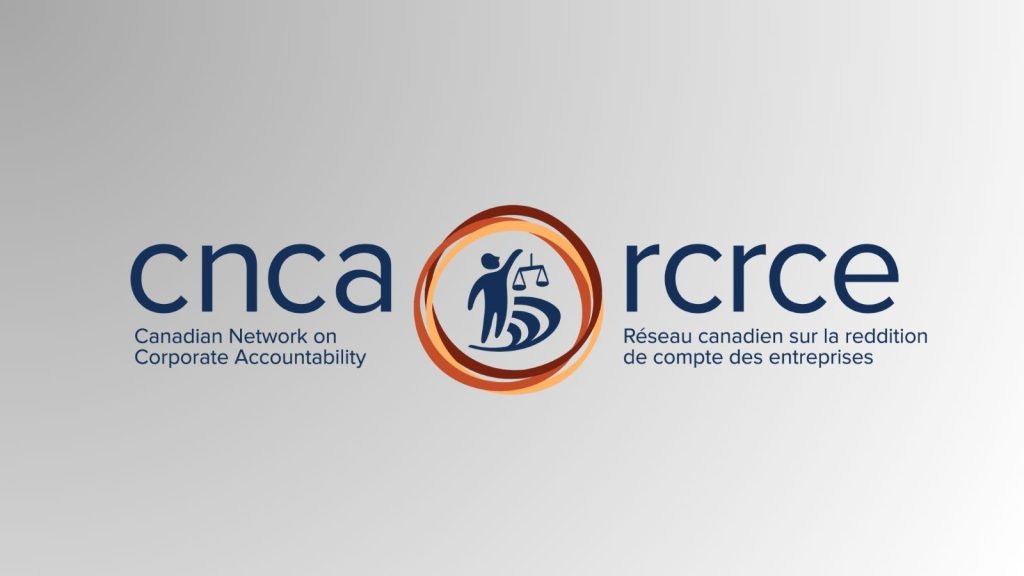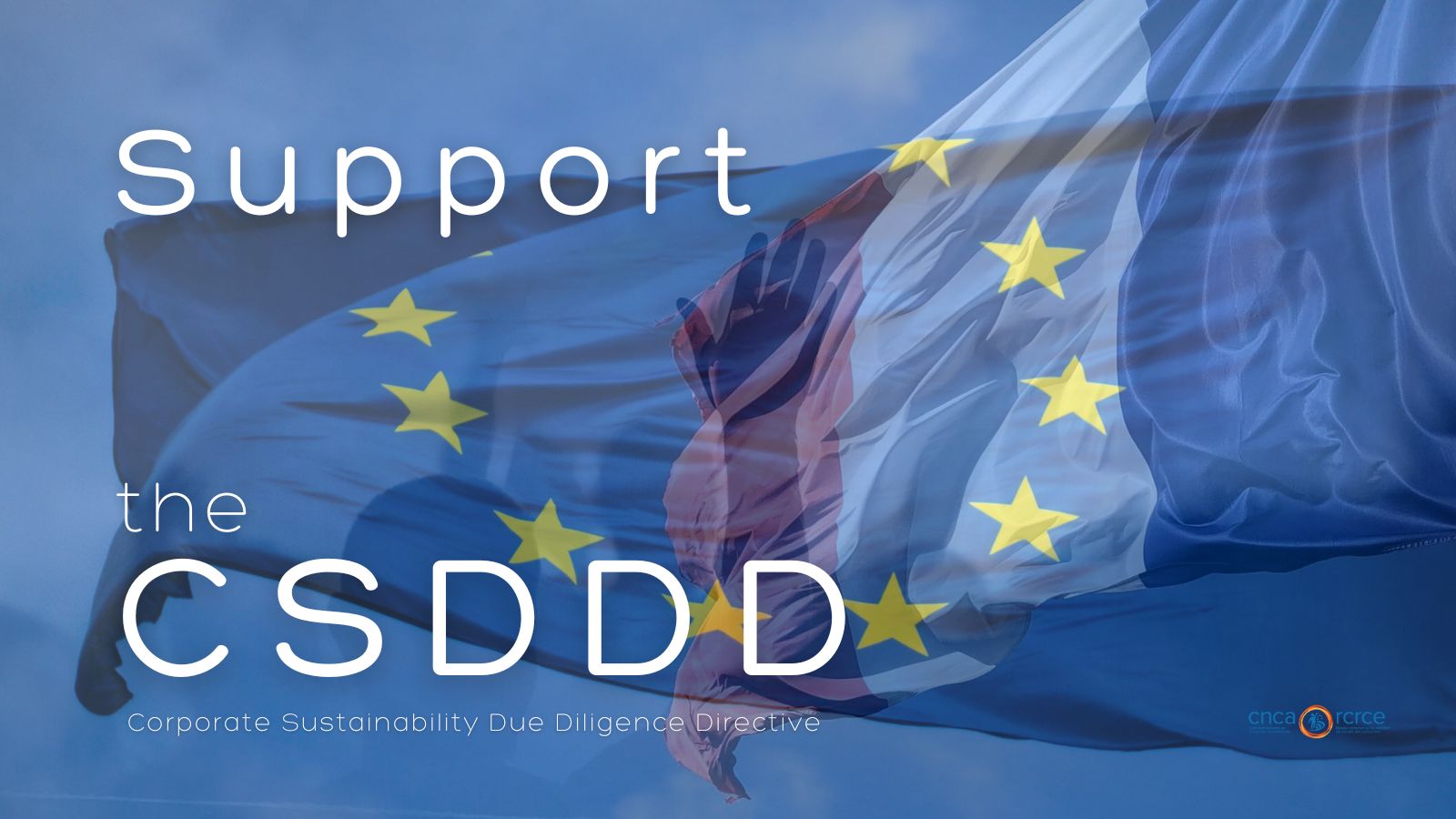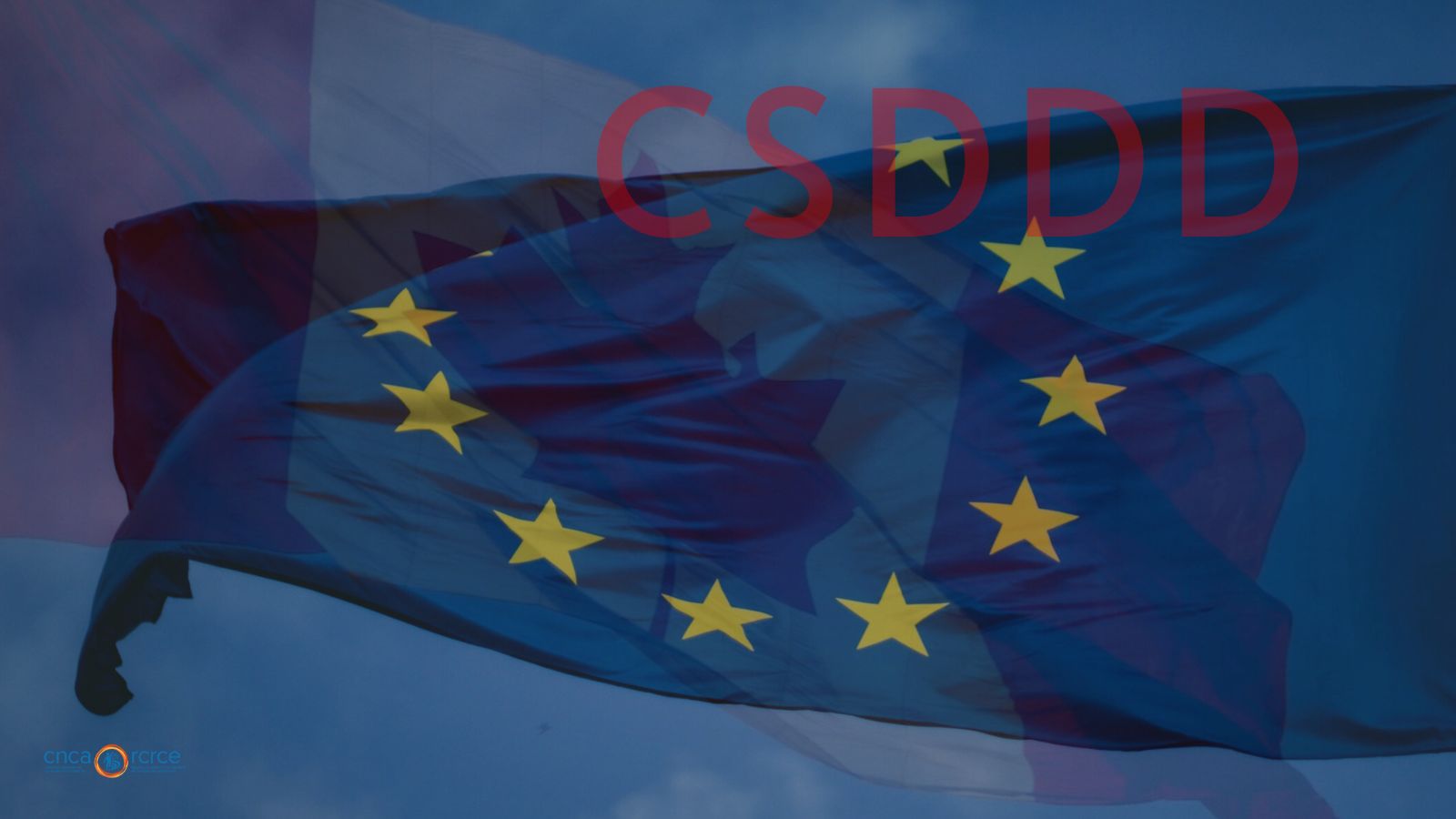To: The Honourable Filomena Tassi, Minister of Labour; House of Commons, Ottawa, Ontario, K1A 0A6
Subject: International best practice in legislating supply chain human rights due diligence
May 11, 2021
Dear Minister Tassi,
The Canadian Network on Corporate Accountability (CNCA) welcomed the Government of Canada’s 2019 consultations on possible supply chain legislation. Civil society was unanimous and clear – it is urgent that Canada develop supply chain legislation to address serious abuses in Canadian supply chains and catch up to other advanced economies by passing comprehensive mandatory human rights due diligence legislation.
The CNCA urges the Government of Canada to refrain from addressing the serious issues of child and forced labour through replication of the “modern slavery” model, which has already proven to be both inadequate and ineffective in the jurisdictions that have introduced it. Bill S-216, which is currently being examined in Canada’s Senate, misses the mark. It does not approach international best practice and will not help impacted communities and workers. Bill S-
216 would require Canadian companies to report on any steps taken to prevent the use of child or forced labour in their supply chains and global operations. However, the bill does not compel companies to change their behaviour—to prevent, mitigate or redress abuses they detect. Nor does the bill offer help to victims of the exploitation because it does not provide for liability or remedy if companies do make use of child or forced labour. Far from positioning Canada at the forefront of global efforts to protect human rights from corporate abuse, Bill S-216, if passed, would put Canada near the back of the pack.
The modern slavery reporting approach has not kept pace with the rapid evolution in the business and human rights landscape over the last decade and has failed to achieve even the limited goals it purports to meet. Instead, Canada should build on the lessons learned and best practices that have emerged from European supply chain legislative initiatives that require companies to exercise human rights due diligence.
To keep pace with current international best practice, Canadian legislation should:
- require companies to take appropriate measures to identify, prevent, mitigate and account for how they address human rights and environmental impacts;
- cover the full complement of internationally recognized human rights, and not be restricted to a limited set of rights (such as forced labour);
- articulate that companies have a responsibility to respect internationally recognized human rights, and to prevent abuse of those rights;
- articulate that a company’s responsibility to undertake due diligence flows through its entire corporate structure, including its business relationships, and through its entire supply chain;
- refer to the human rights due diligence standards set forth in the UN Guiding Principles on Business and Human Rights, the OECD MNE Guidelines, the ILO Tripartite Declaration, and the OECD Due Diligence Guidance; and
- provide for liability, and remedy, if a company fails to exercise appropriate due diligence and causes harm.
We would welcome the opportunity to meet with you to discuss these issues further and to facilitate contact between your office and Canadian subject-matter experts, leading practitioners in relevant European jurisdictions and at the United Nations. I will follow up with your office to schedule a meeting.
Best regards,
Emily Dwyer
Coordinator, Canadian Network on Corporate Accountability
===
PDF of original letter:
https://cnca-rcrce.ca/site/wp-content/uploads/2021/06/CNCA-letter-to-Minister-Tassi-International-best-practice-in-legislating-supply-chain-human-rights-due-diligence.-May-11-2021.pdf





